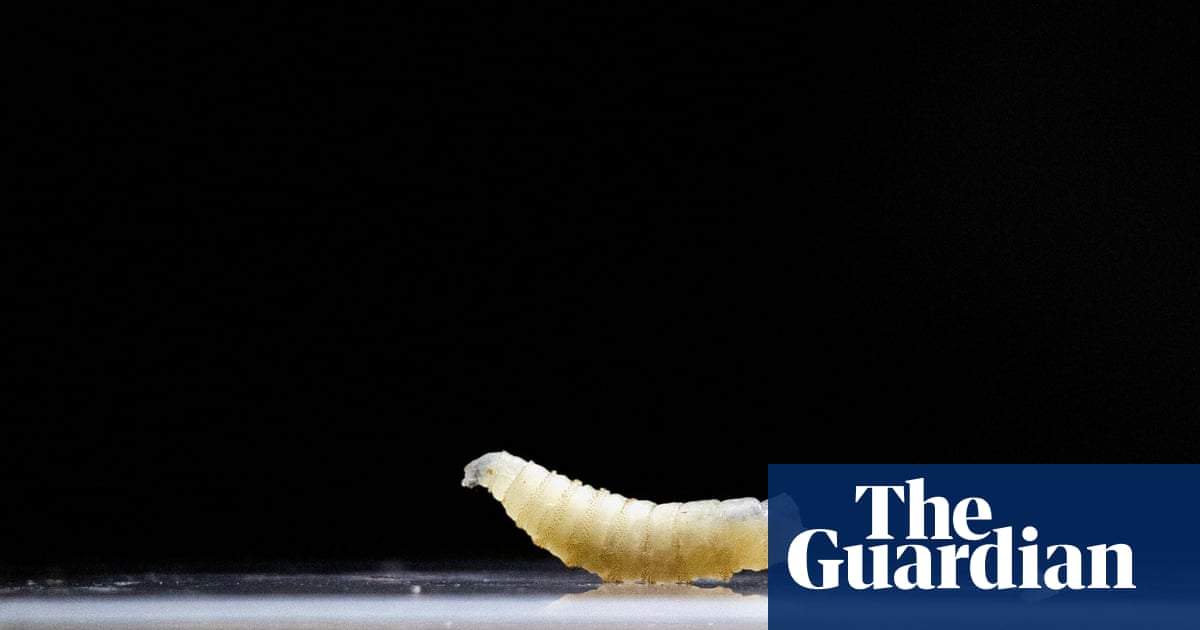
"The US Department of Health and Human Services (HHS) on Sunday reported the first human case in the US of travel-associated New World screwworm, a flesh-eating parasite, from an outbreak-affected country. The case, investigated by the Maryland department of health and the US Centers for Disease Control and Prevention (CDC), was confirmed by the CDC as New World screwworm on 4 August and involved a patient who returned from travel to El Salvador, HHS spokesperson Andrew G Nixon said in an email to Reuters."
"Earlier, Reuters reported that beef industry sources said last week that the CDC had confirmed a case of New World screwworm in a person in Maryland who had traveled to the US from Guatemala. Nixon did not address the discrepancy on the source of the human case. The risk to public health in the United States from this introduction is very low, he said."
"The government's confirmation of a screwworm case comes just over a week after US Department of Agriculture (USDA) secretary Brooke Rollins traveled to Texas to announce plans to build a sterile fly facility there as part of efforts to combat the pest. The USDA has estimated a screwworm outbreak could cost the economy in Texas, the biggest US cattle-producing state, about $1.8bn in livestock deaths, labor costs and medication expenses."
HHS confirmed the first travel-associated human case of New World screwworm in the United States, involving a patient who returned from El Salvador and was diagnosed by the CDC on 4 August. The Maryland department of health and the CDC investigated the case. Reuters earlier reported industry sources saying a confirmed patient had traveled from Guatemala, and HHS did not address that discrepancy. The US government has not confirmed any animal cases this year. Officials assessed the public health risk to the United States as very low. The confirmation has unsettled cattle producers and prompted USDA action including plans for a sterile fly facility in Texas, with potential economic losses estimated at about $1.8bn for Texas livestock.
Read at www.theguardian.com
Unable to calculate read time
Collection
[
|
...
]